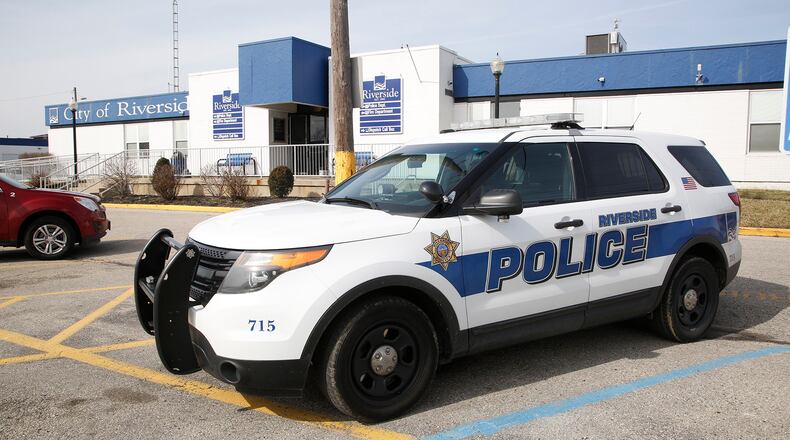WATCH: Suspect in stabbing steals Riverside police vehicle, later crashes near Dayton library
Essential personnel will be fully operational within the next day or two, Wyen said via email.
He added that the hacking has been a challenge, but hasn’t affected the district’s ability to educate its students.
“Anytime you have network issues with a district our size, it takes time to work through the logistics to resolve the issues,” Wyen said.
The issues started on Aug. 29, he said.
Calls by this news organization to other school district officials to learn more about the network issues were not returned.
Riverside police said the school district has not filed a report with the department.
The police department isn't unfamiliar with cyber attacks. Riverside's police and fire departments experienced two cyber attacks last spring.
The Ohio Attorney General's office revoked the city's access to a statewide computer database operated by the Ohio AG's Bureau of Criminal Investigation for local police departments. The Ohio AG took away Riverside's access to the gateway to protect the network and confidential information.
A bill waiting for a vote on the House floor would create an Ohio Cyber Reserve, which would potentially respond to cyber attacks like the ones on the Riverside fire and police departments and the Mad River Local Schools district.
Senate Bill 52, which was put forward by Ohio State Sen. Theresa Gavarone of Bowling Green, would create a quick response team of IT experts to address cyber security issues if the Governor declared a state of emergency.
Since the Governor would have to declare a state of emergency for the cyber reserve to respond, a spokesman from Sen. Gavarone’s office said only “severe” cyber attacks that affect many taxpayers would warrant a response. The cyber reserve wouldn’t prevent attacks from happening, but react when cities or businesses were in trouble.
The bill also focuses on voter security.
About the Author

